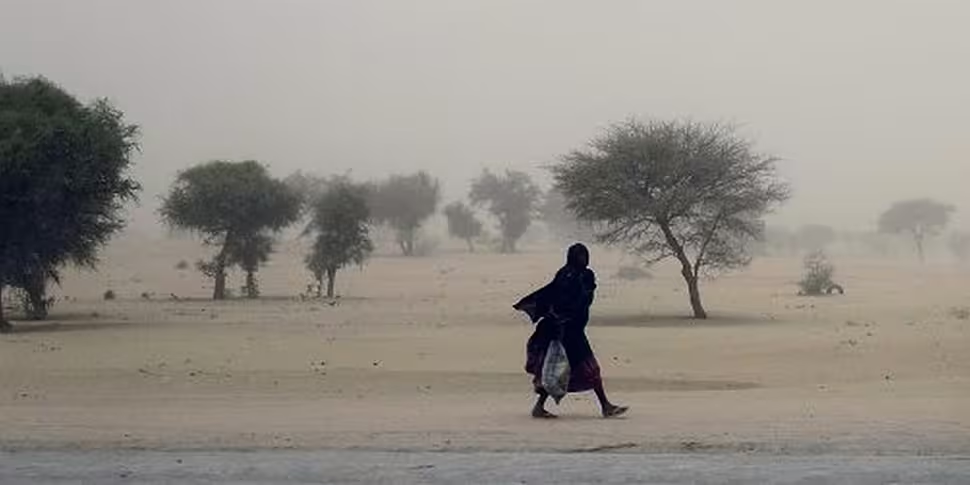Aid agencies have warned that millions of lives are at risk in the four-country region known as the Lake Chad Basin in West Africa unless there is a substantial increase in international aid.
Over 2.6 million people - including 1.5 million children - have fled their homes across Nigeria, Niger, Chad and Cameroon over the last four years as the conflict with Islamic extremist group Boko Haram intensifies.
In Borno State in northeast Nigeria, at least 400,000 people are facing famine-like conditions.
People continue to experience extreme levels of human rights abuses and face the threat of sexual violence, abduction, murder, torture, forced recruitment, forced disappearance and arbitrary detention.
Aid agencies have warned that in North East Nigeria, nearly one in three women report having experienced sexual violence.
The situation was named the “most neglected crisis of 2016” in a survey conducted by the Thomson Reuters foundation late last year.
Oslo Humanitarian Conference
This afternoon, representatives from the UN, governments and donors have been meeting in Oslo, Norway to discuss the response to the crisis.
The UN has appealed for $1.5bn (€1.42bn) to meet emergency needs in the area in 2017 - with last year’s appeal achieving just 52% of its funding target.
Speaking from the meeting, Pauline Ballaman, Oxfam’s head of operations in the Lake Chad Basin area said parts of northern Nigeria are facing real risk of famine.
“Millions of people have been pushed to the brink after years of conflict,” she said. “Unable to grow or buy food, or get the help they desperately need, many have died.”
"Aid has managed to make some people's lives better - but without urgent funding and access to areas where people are cut off from aid, we could see levels of hunger and malnutrition deteriorate further and many more lives lost."
Humanitarian response
A large humanitarian operation is currently underway in the area however Oxfam has warned that military and political objectives in the fight against Boko Haram have trumped humanitarian concerns with governments, humanitarian organizations, and donors collectively slow to respond to the crisis.
The charity has warned that without a large injection of aid, many more lives could be lost.
Meanwhile the Nigerian government has announced it intends to close all camps hosting displaced people by May 2017 with many already returning to areas still surrounded by fighting.
Some find their home villages are still too dangerous, leaving them to seek shelter in nearby towns where there is often widespread destruction and few services or assistance available.
Cheick Ba, Country Director for the Norwegian Refugee Council in Nigeria, said: “We are seeing convoys of displaced people being moved back into towns the government recently reclaimed, even as fresh violence in the surrounding areas forces more people to flee.”
“People tell us they want to go home, but only when it’s safe.
“We need to hear real commitment from the authorities that no one will be encouraged to go home until there is lasting security and basic services have been restored.”
Seven step plan
An umbrella group of 30 NGO’s in attendance at the meeting in Oslo have released a seven step plan outlining what governments, the UN, NGOs and donors need to do to help alleviate the crisis in the area.
- The points laid out in the Seven Steps to Saving Lives plan are:
- Put protection of civilians at the centre of response
- Scale-up the food and nutrition response in Nigeria and the region
- Increase access to more, better and safe quality education
- Safeguard humanitarian space: safe movement to reach more people in need
- Strengthen leadership of the response and improve humanitarian coordination
- Ensure all returns are safe, voluntary and dignified
- Build resilience and increase local capacity
You can donate to Oxfam’s response to the crisis here.









